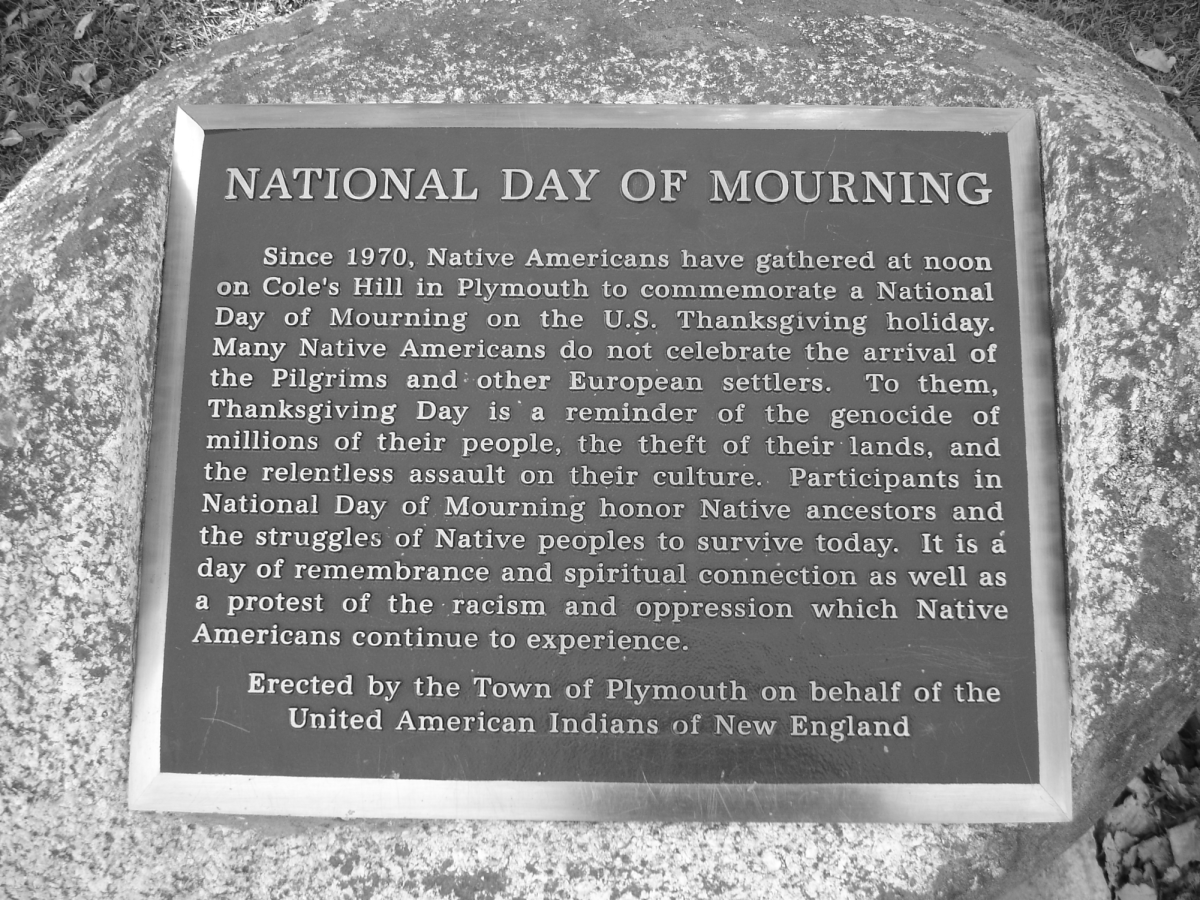
The death penalty has been long debated over political, religious, and just general moral objections. The death penalty is not simply right or wrong—but there a few things to consider when forming your own opinion on it.
The death penalty has never made any sense to me—take someone convicted for murder as an example, like Louis Jones. He kidnapped and took the life of Private Tracie Joy McBride, who was 19 at the time. This is a terrible tragedy for which he suffered a lethal injection for. What doesn’t make sense to me, that while her death was terrible—no question—how is this moral? How is he any less guilty than his own executioner? Or the judge that made the decision?
Another thing to consider is how long majority of inmates stay on death row. The average wait time is around 20 years—20 years someone can wait before they are punished for their crimes. Who is to say that the person they were when they committed the crime, or the day of their arraignment, is the person they are on the day of their execution? And in the same vein of wait times—the death penalty leaves no room for new evidence or misconduct to be revealed. Like Cameron Todd Willingham: he was convicted of arson murder in 1992 and executed in 2004. It was later found that not only did he not commit the crime—but it was not even an intentional fire.
The final thing to consider is how disproportionally marginalized groups are affected by the death penalty. About 13% of the population is African American, and yet they make up 35% of prisoners on death row. In Virigina’s banning of the death penalty, they mentioned their past racial prejudice—that being that they executed 73 black men for nonviolent crimes, while no white person was executed for anything other than murder.
There are too many things to consider with the death penalty, and it is an irreversible consequence.














